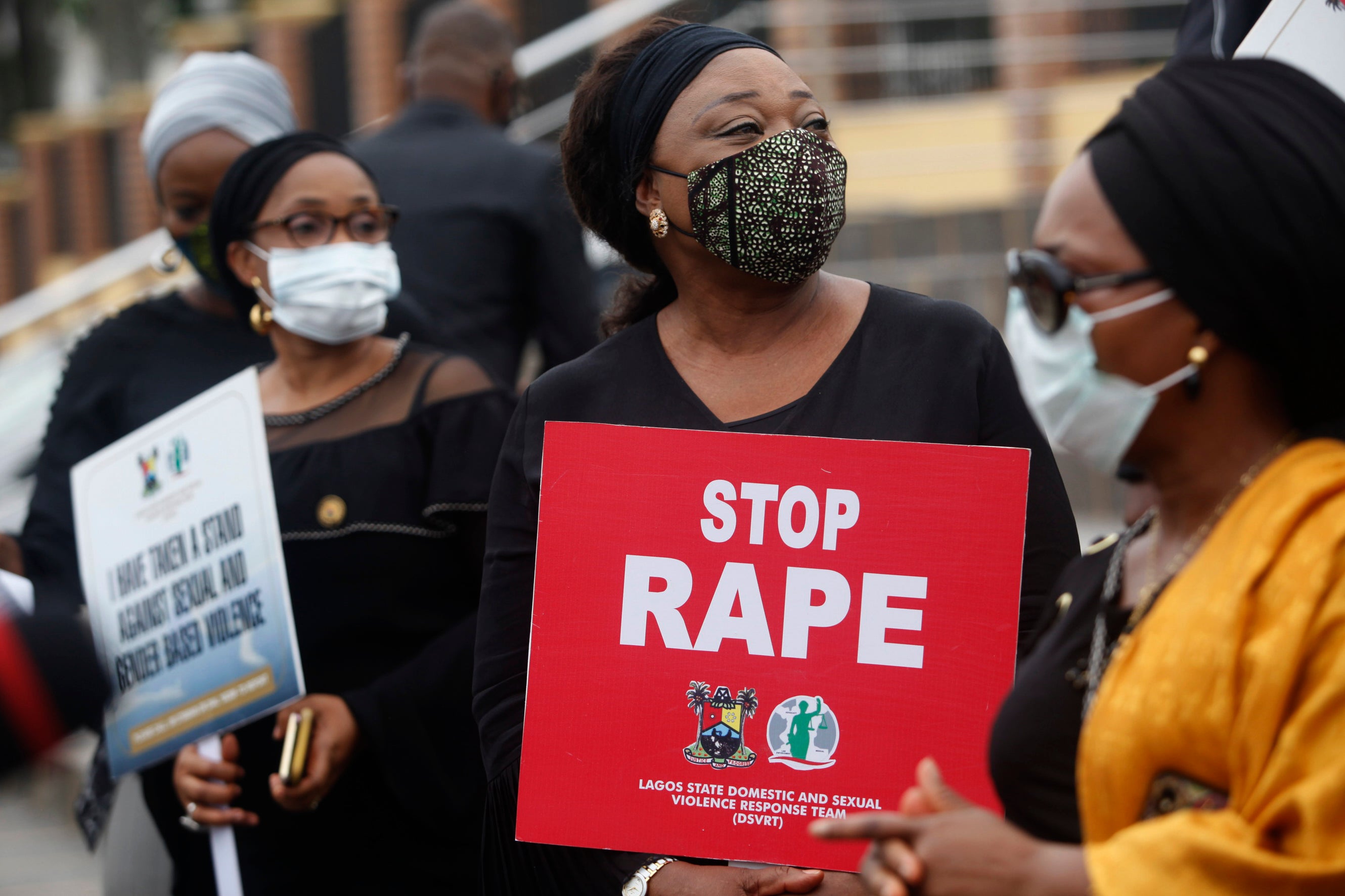Rapists to face surgical castration in Nigerian state under new law
The law follows a spike in rapes reported in the west African country

Your support helps us to tell the story
From reproductive rights to climate change to Big Tech, The Independent is on the ground when the story is developing. Whether it's investigating the financials of Elon Musk's pro-Trump PAC or producing our latest documentary, 'The A Word', which shines a light on the American women fighting for reproductive rights, we know how important it is to parse out the facts from the messaging.
At such a critical moment in US history, we need reporters on the ground. Your donation allows us to keep sending journalists to speak to both sides of the story.
The Independent is trusted by Americans across the entire political spectrum. And unlike many other quality news outlets, we choose not to lock Americans out of our reporting and analysis with paywalls. We believe quality journalism should be available to everyone, paid for by those who can afford it.
Your support makes all the difference.Rapists will face surgical castration under a new law passed in a state in Nigeria, while those convicted of raping a child under 14 will face the death penalty.
Nasir Ahmad El-Rufai, the governor of Kaduna state, where the legislation has been introduced, said the "drastic penalties are required to help further protect children from a serious crime".
While some Nigerians are pleased that drastic action is being taken, critics say the new law is too harsh and may even lead to fewer rapes being reported.
The new law follows a spike in reports of rape in Nigeria over the course of the coronavirus pandemic, leading women’s groups to call for harsher penalties against sex offenders.
The country’s minister for women’s affairs said in June that the number of rapes had tripled due to women and girls being in lockdown with their abusers.
In the same month, all 36 state governors declared a state of emergency of violence against women and girls.
The country has a long-standing problem of sexual violence. One in four girls is sexually abused before they turn 18, according to Unicef.
The change to the penal code may backfire, one Nigerian lawyer and activist, Chidi Odinkalu, told the New York Times.
As many rapes happen within marriage – in Nigeria and elsewhere – women and girls may be less likely to report a crime that their husband could be castrated for, in fear of being ostracised by their families and communities.
“You’re going to get fewer cases of rape and sexual violence reported,” he said. “What’s wrong with life imprisonment?”
The human rights activist described the new law as “legislative sadism”.
The state’s new law is the strictest against rape in Nigeria.



Join our commenting forum
Join thought-provoking conversations, follow other Independent readers and see their replies
Comments